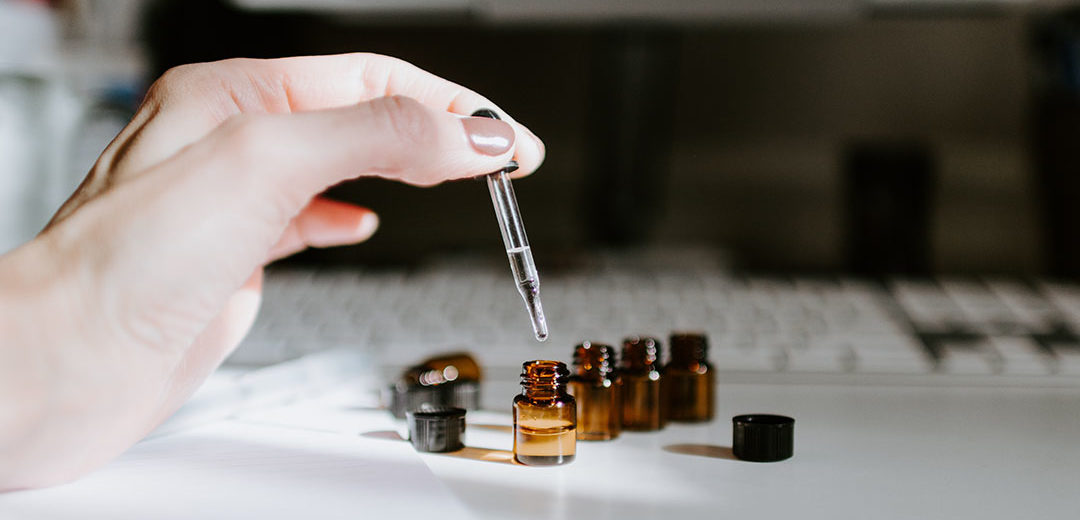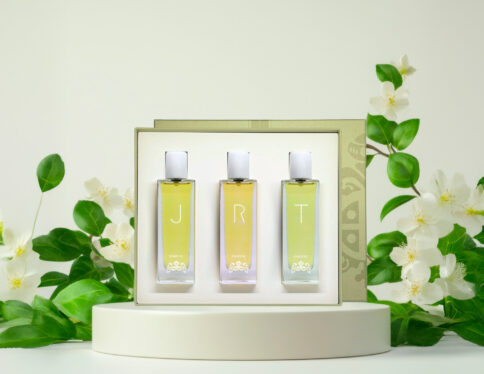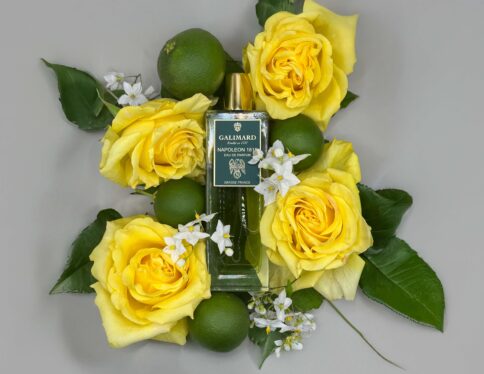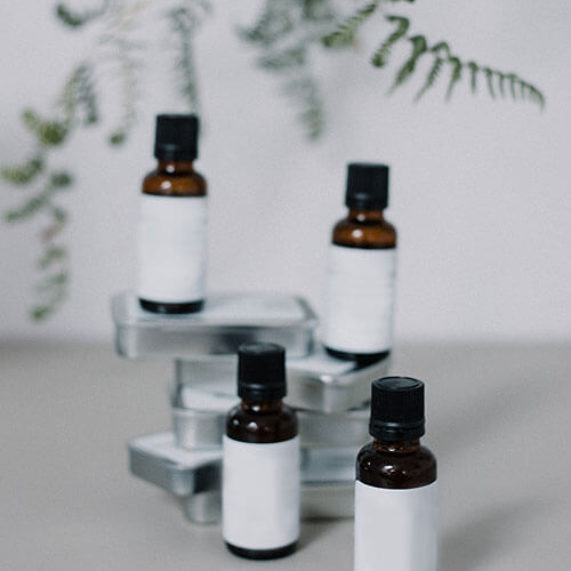
Natural ingredients vs synthetic ingredients in perfumes: a real debate?
Written on 29 April 2022
See also

“Héritage” – An Ode to Grasse
Written on 22 April 2025
As we saw with Ruby Chéri, beautiful stories often begin with a meaningful encounter. This spring of 2025, our Maison de Parfums embarks on a new chapter with the launch of Héritage—a fragrant tribute to the city where perfumery was born and flourished. At its heart, Héritage is also a story of encounters, and we […]

Celebrating 10 years of «Napoléon 1815»
Written on 12 March 2025
March 2025 marks a special moment for the history of France – it marks the landing of Napoleon Bonaparte on his return from the Island of Elba in 1815. To commemorate the date, celebrations are organized in Vallauris and Golfe-Juan. Re-enactments in traditional costume, conferences, shows… the program is rich with cultural meaning and attracts […]

Interview: career portrait of Esther, Tour Guide-Saleswoman at Galimard
Written on 11 February 2025
No matter how you first discovered Maison Galimard—whether through a visit to one of our locations, a perfume creation workshop, or an online purchase—you know that behind every service is a passionate and motivated team that loves sharing its enthusiasm for perfumes and their derivatives. Whether in person in Grasse or Èze-Village, over the phone, […]


